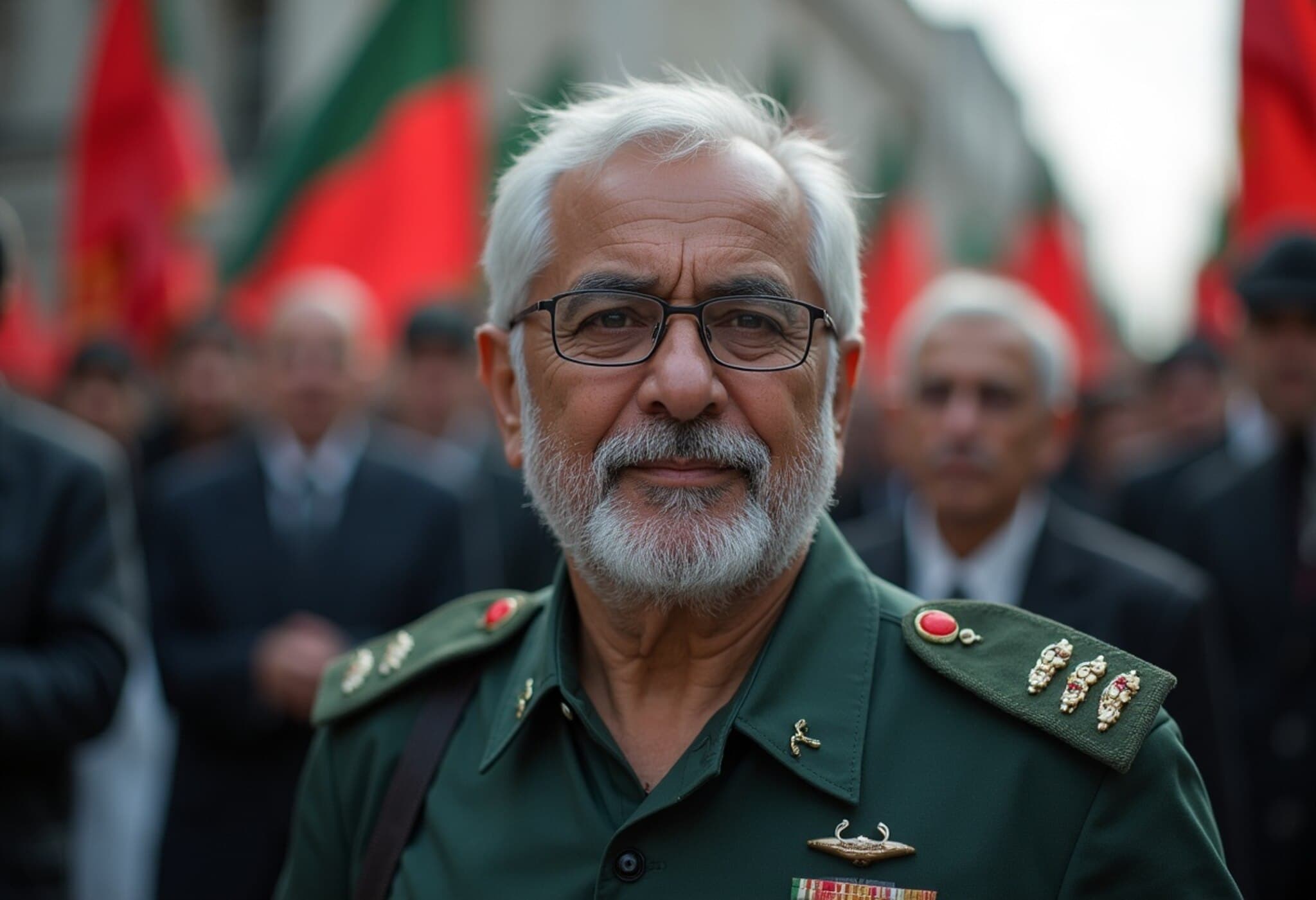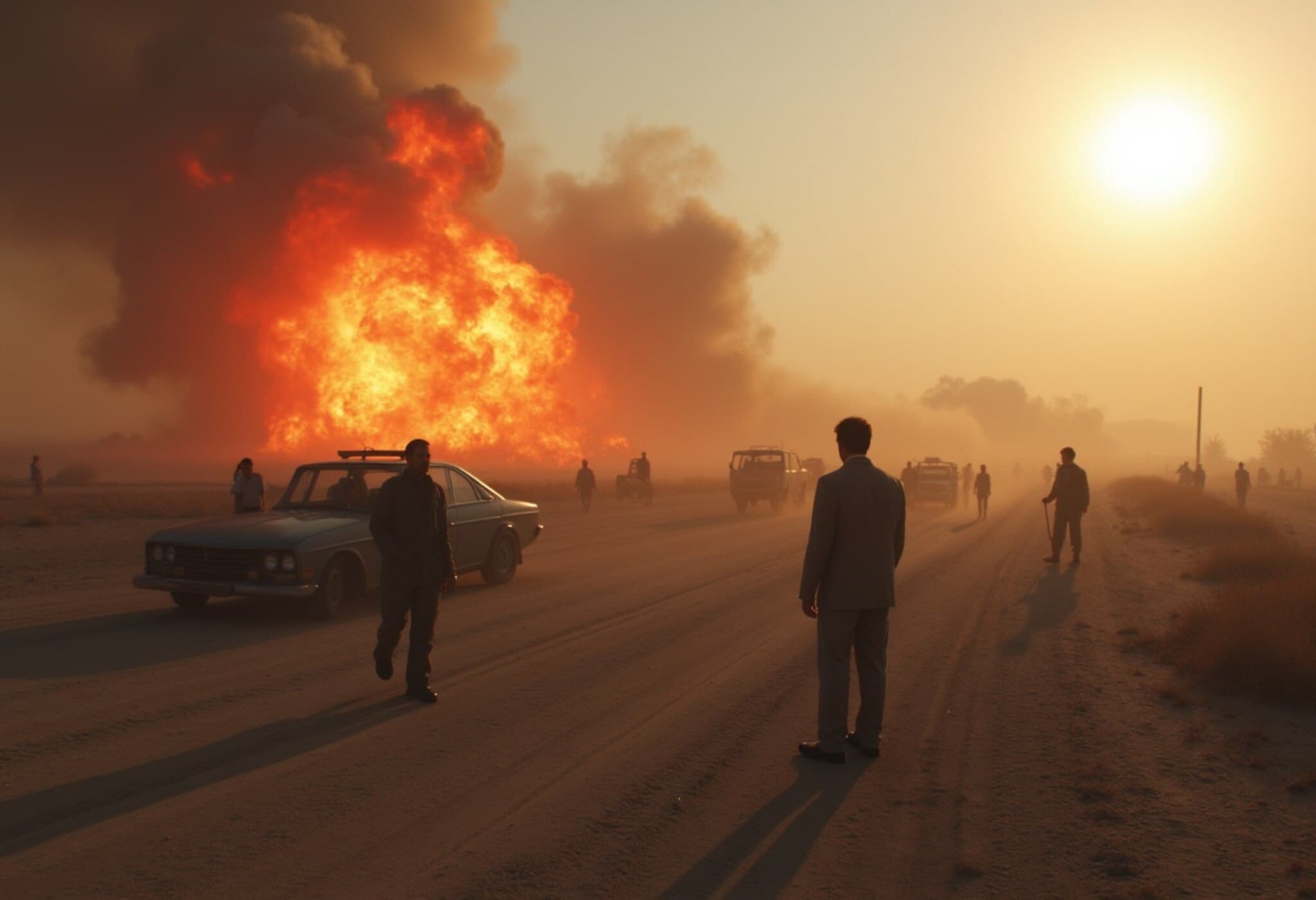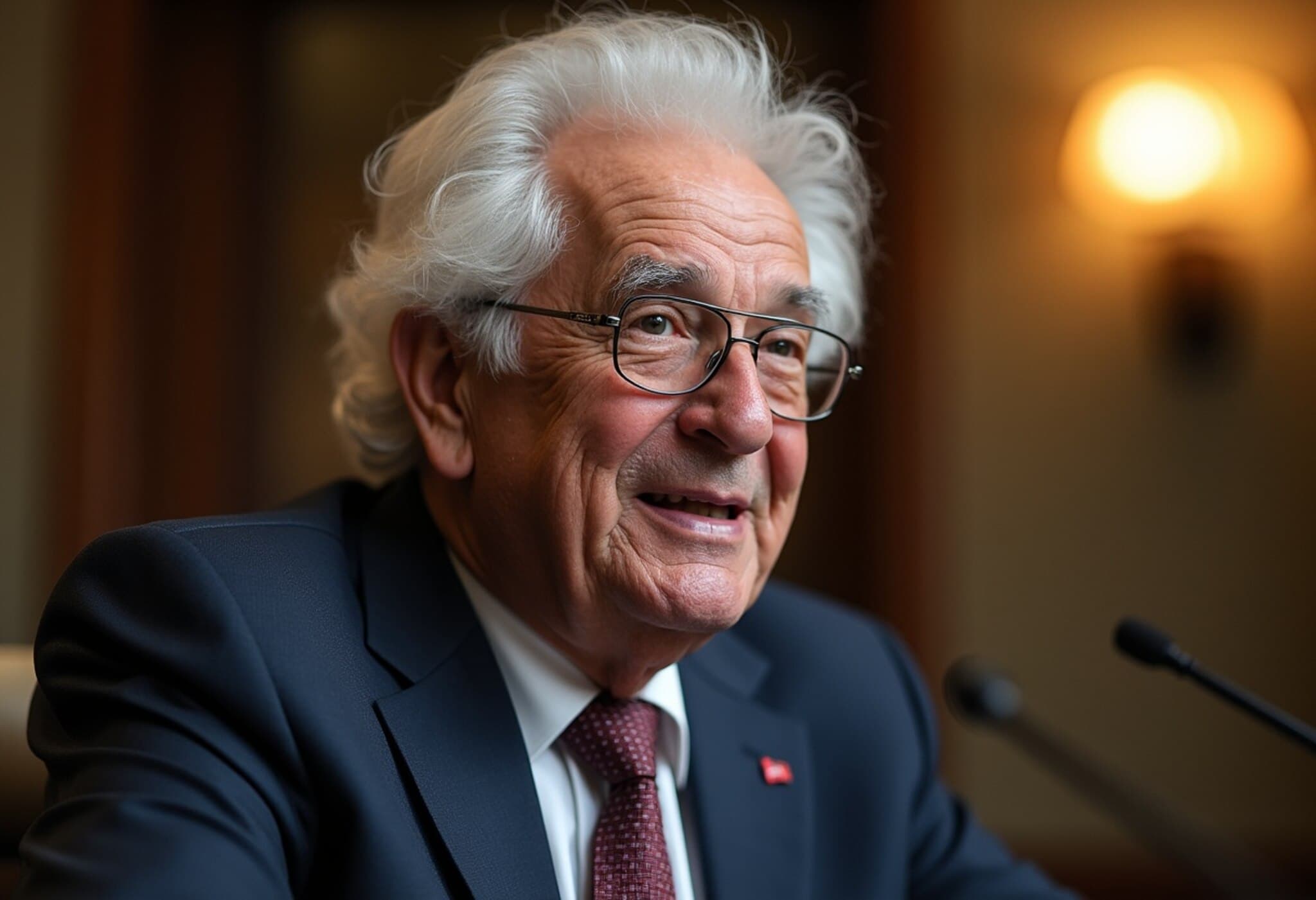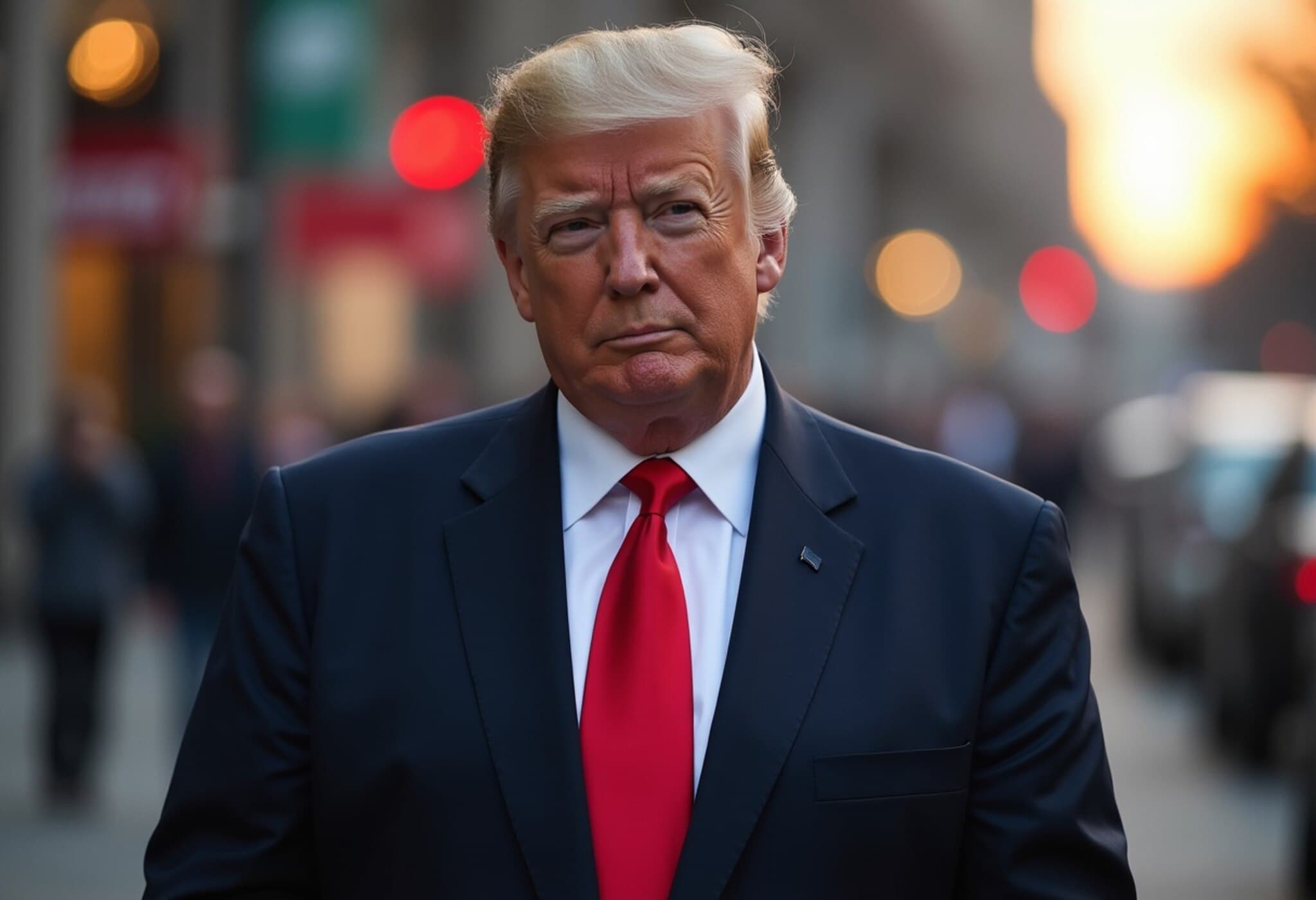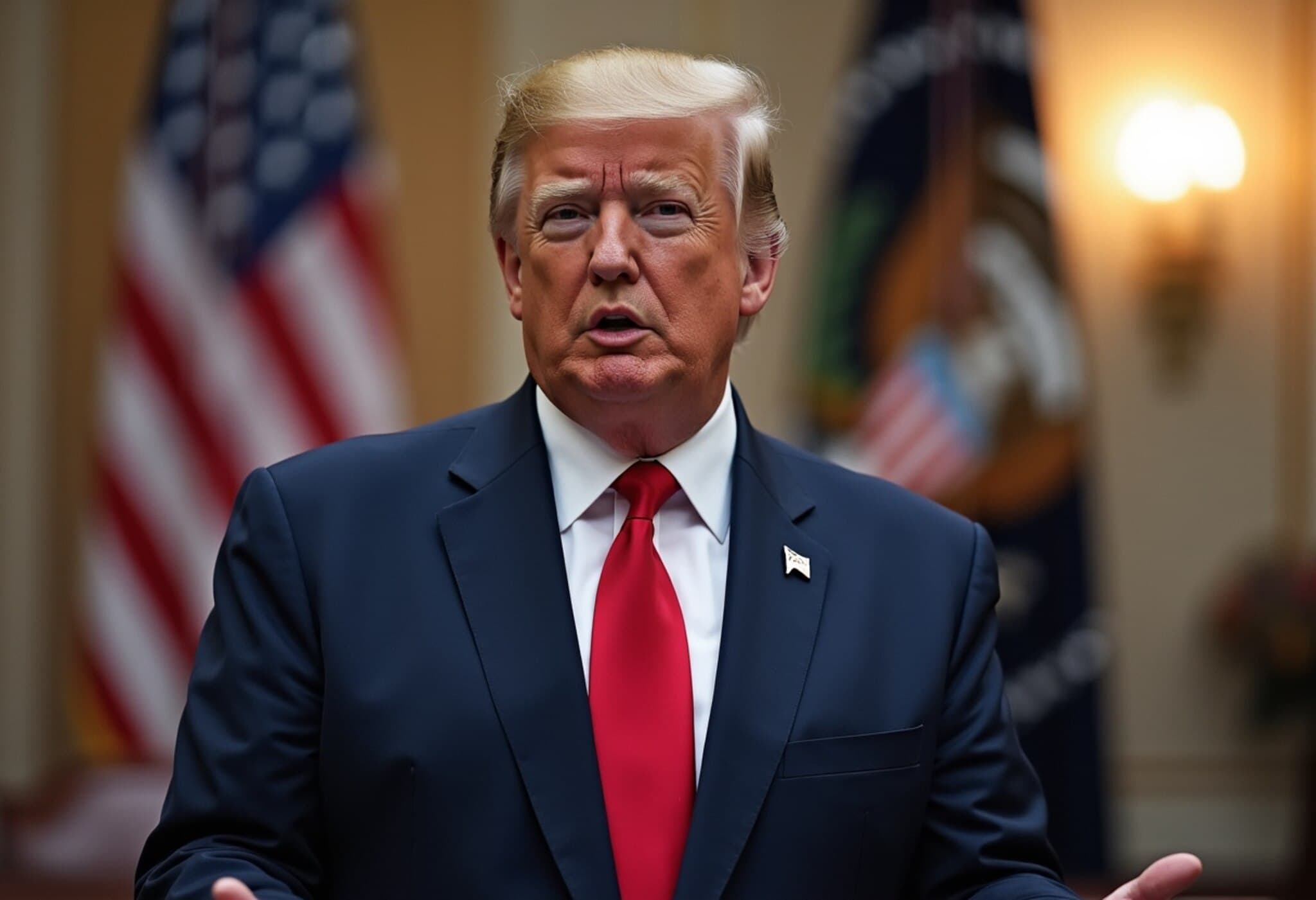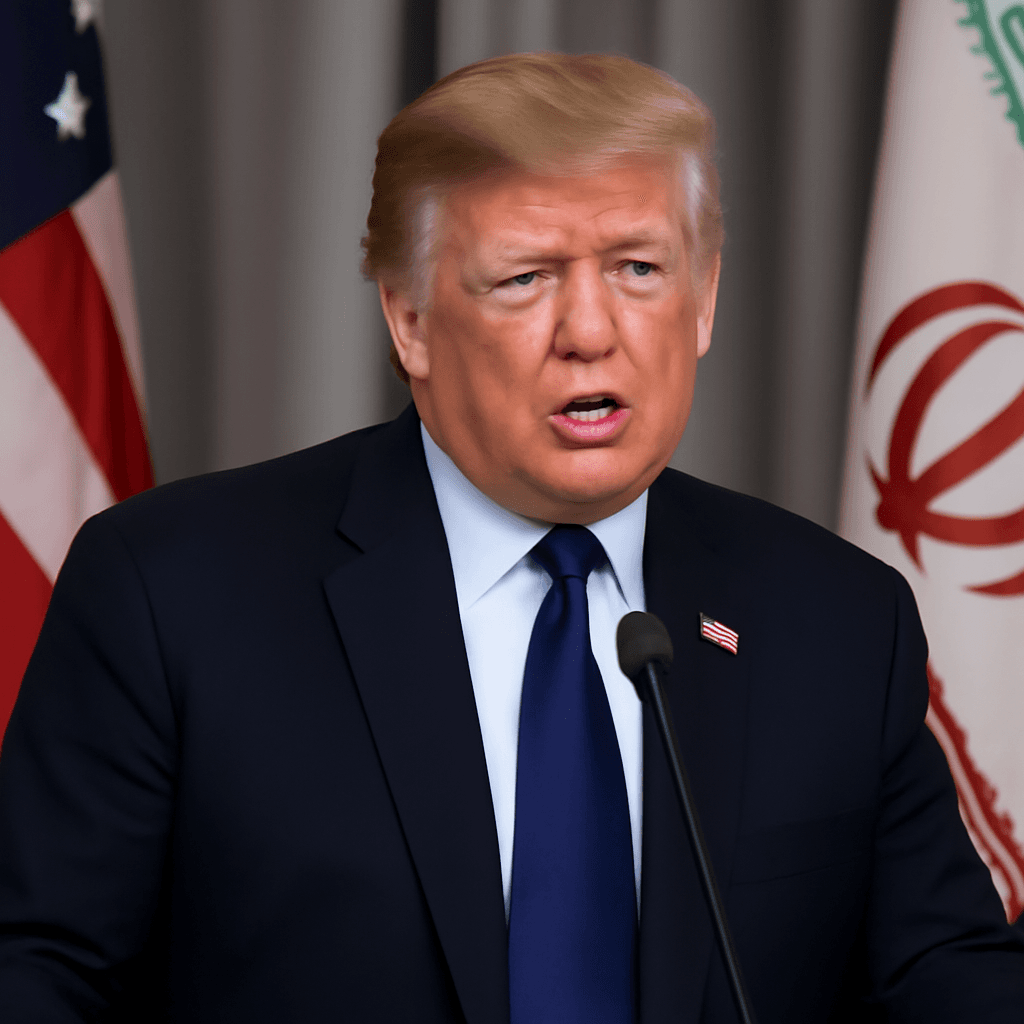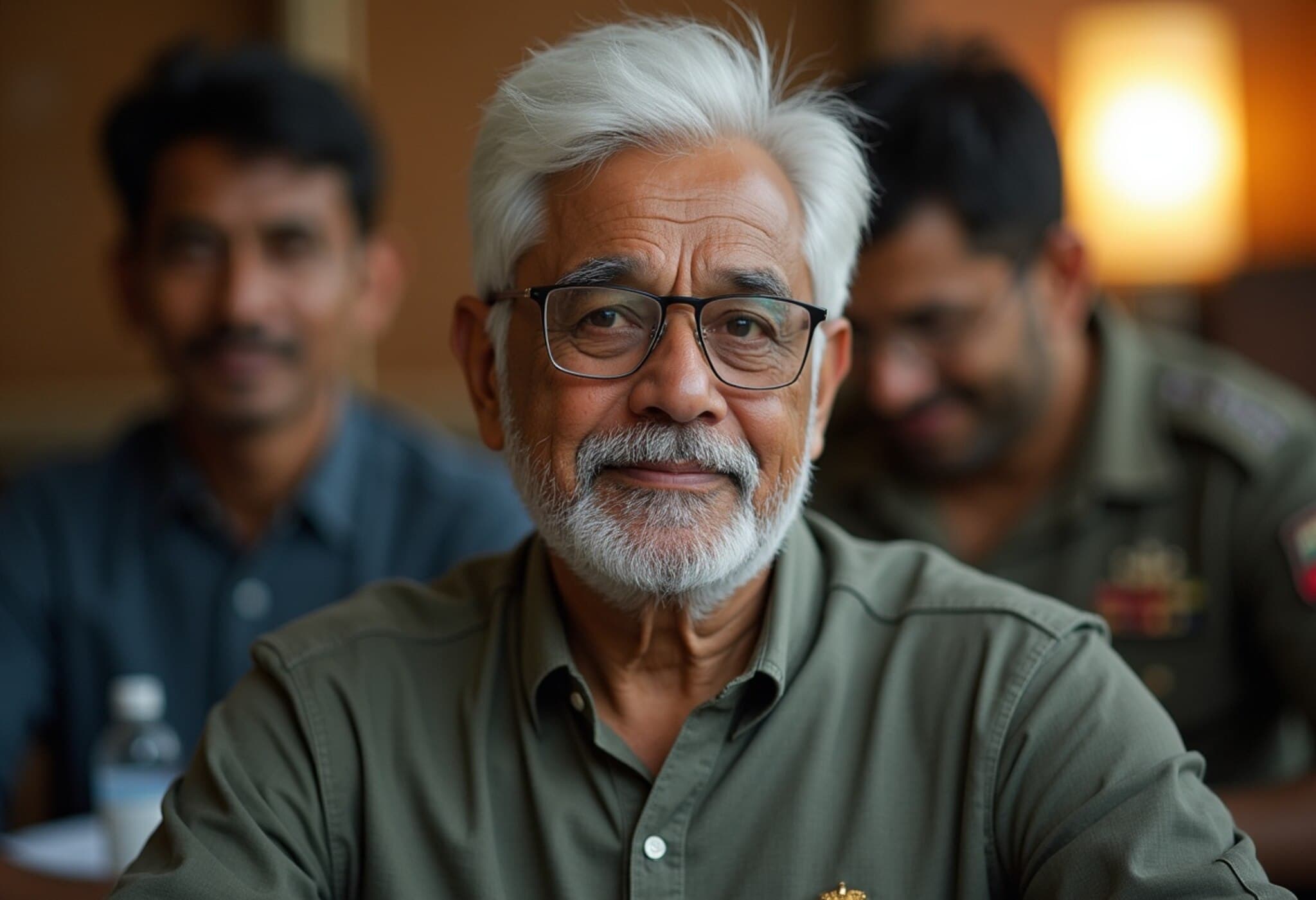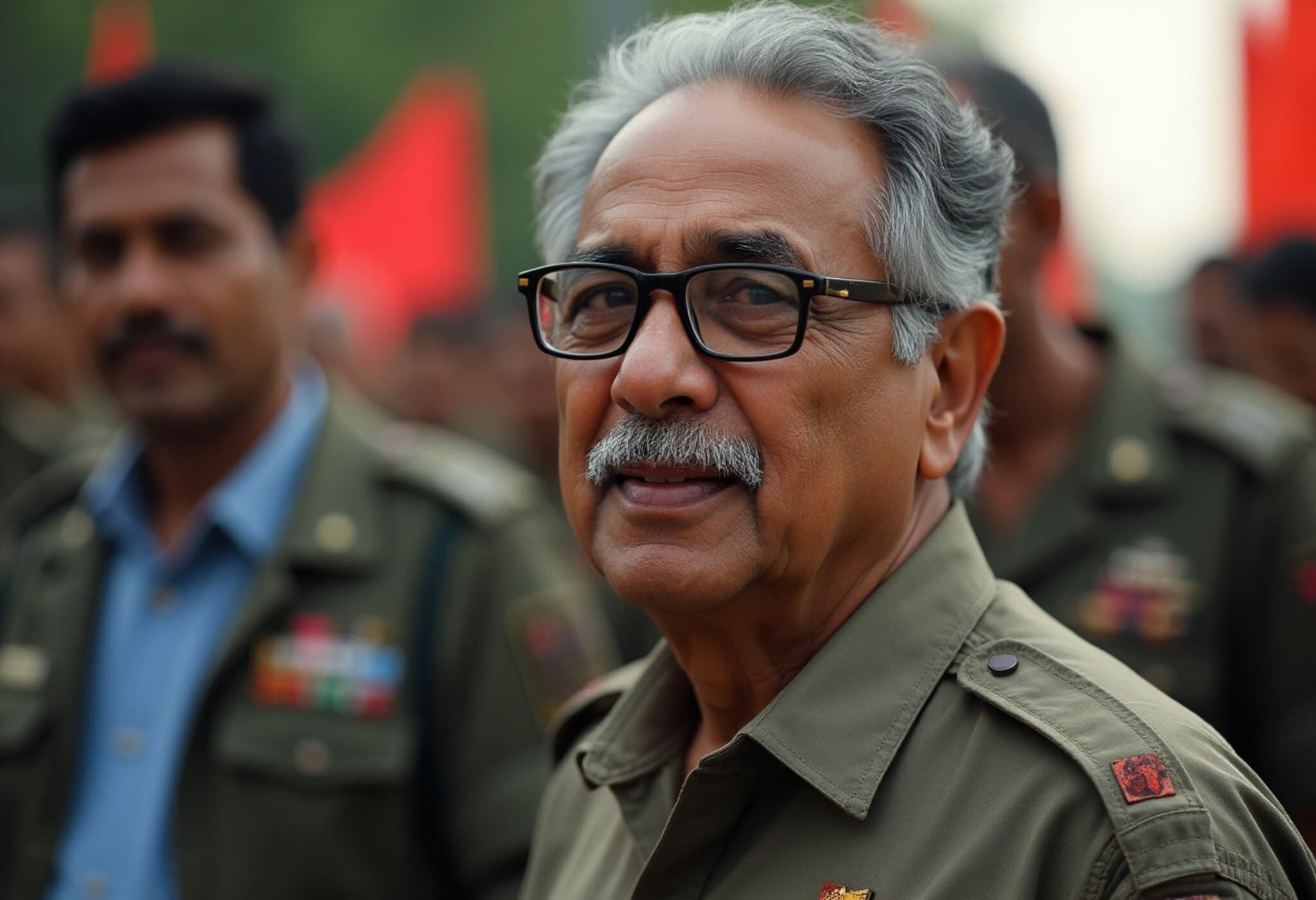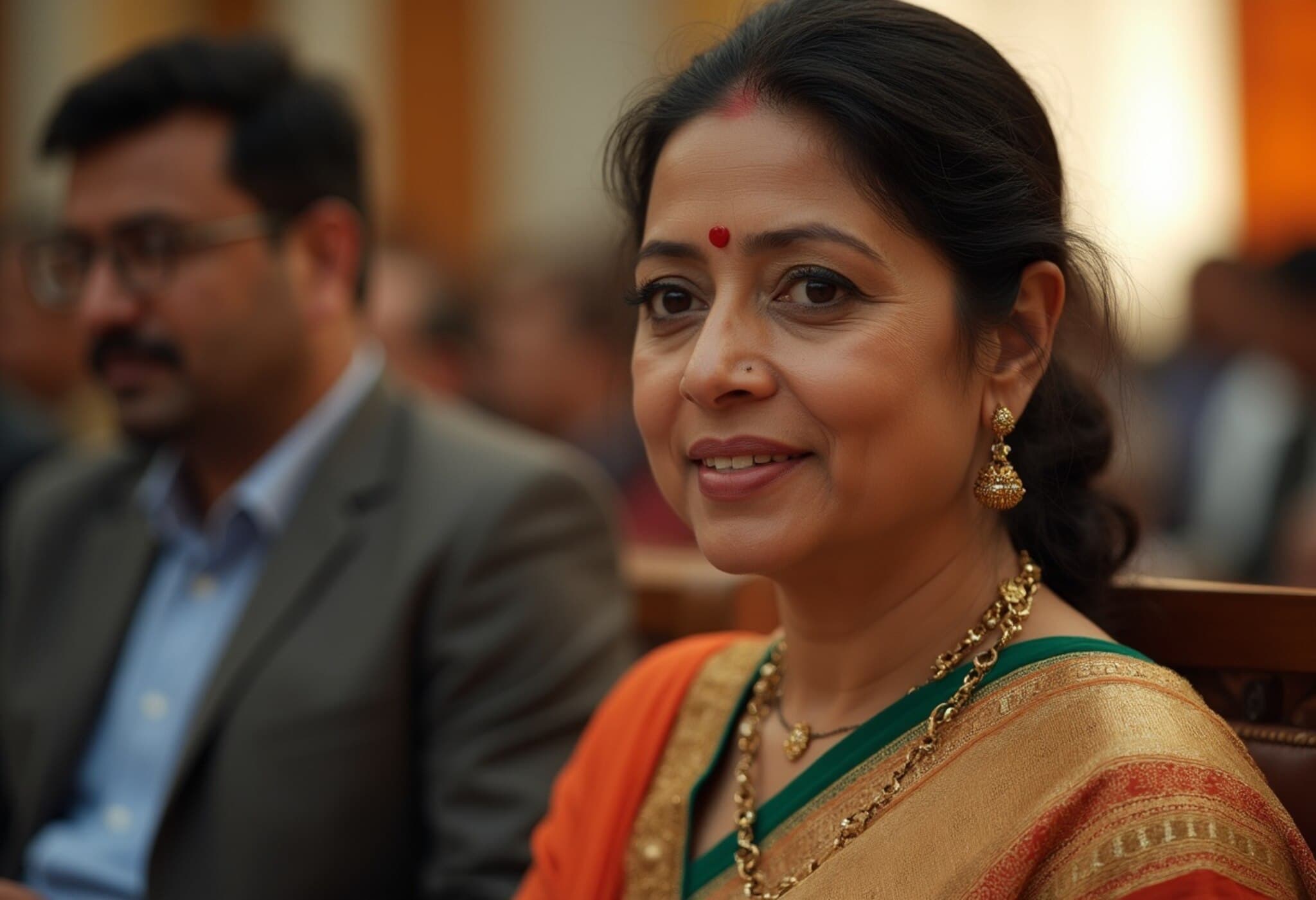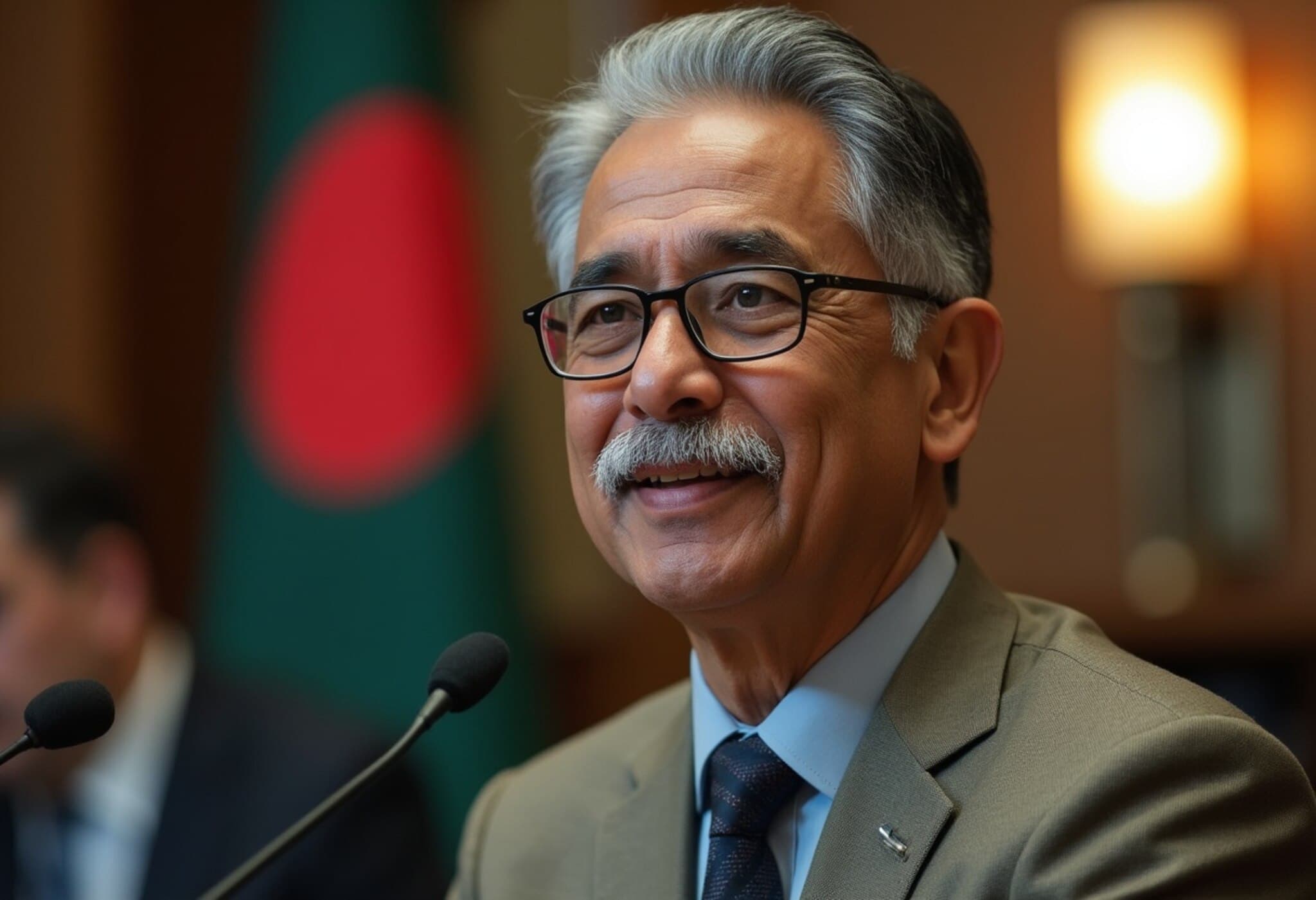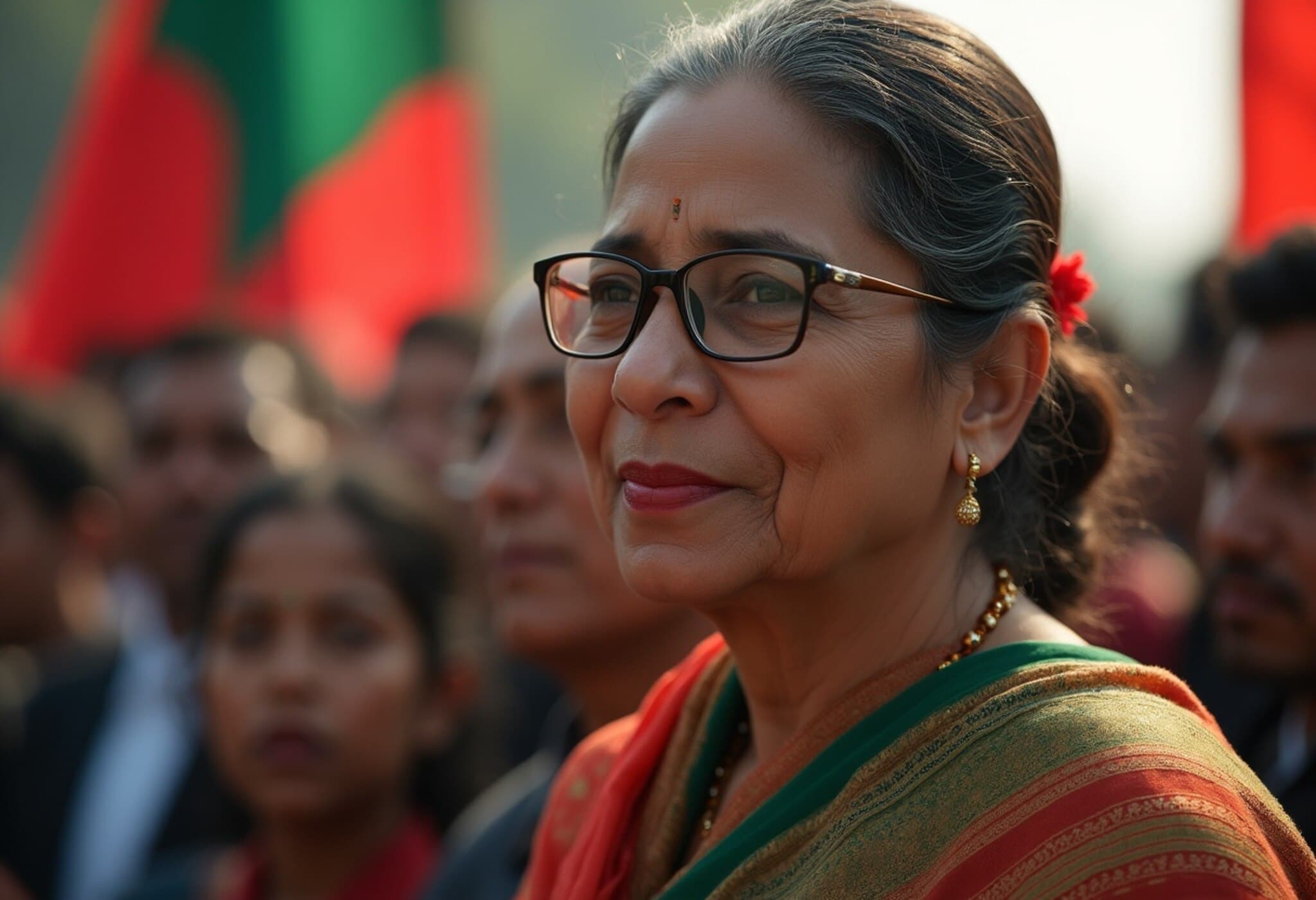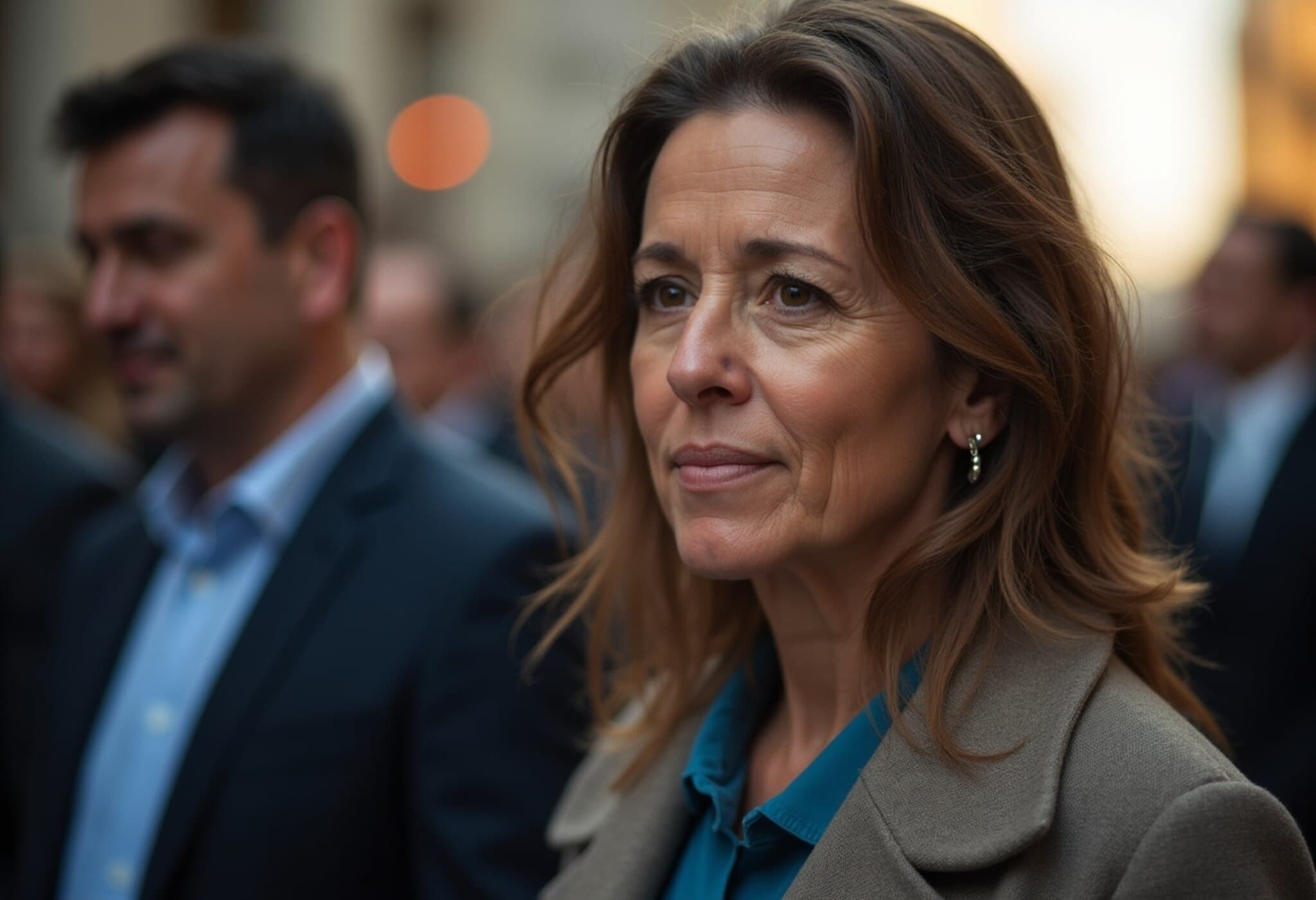Bangladesh Chief Adviser Muhammad Yunus Confronted by Protesters in London
During his recent visit to London, Muhammad Yunus, the Chief Adviser of Bangladesh's interim government, faced a strong wave of protests from the British Bangladeshi diaspora. Hundreds gathered outside his hotel, voicing demands for him to step down amidst rising dissatisfaction with his administration.
Protesters Cite Human Rights Concerns and Governance Failures
The demonstrators, many aligned with the UK branch of the Awami League and affiliated groups, accused Yunus's interim government of serious abuses. Their placards and slogans condemned him as the "architect of mob rule," claiming his leadership has enabled jihadists while imprisoning patriots. The protesters highlighted issues including rampant lynchings, killings, and a sharp decline in law and order in Bangladesh under his watch.
Internal Strife and Eroding Popularity
Yunus, once a figure of authority following the ouster of former Prime Minister Sheikh Hasina last year, has seen his reputation falter not only among opposition parties but also within his own ranks. Tensions between the interim government and the military have escalated, with key figures criticizing what they perceive as a lack of inclusive governance.
Military Voices Concern Over Lack of Consultation
Army Chief General Waker-Uz-Zaman publicly expressed dissatisfaction with the exclusion of the military from significant decisions, pointing to a governance approach that sidelines key stakeholders. He underscored the critical need for transparent, inclusive elections, challenging the legitimacy of an unelected interim administration making high-stakes decisions without a popular mandate.
Calls for Clear Election Roadmap Intensify
Amidst growing unrest, Yunus has pledged to conduct elections by a specified deadline. However, opposition figures like senior BNP leader Khandakar Mosharraf Hossain stressed the urgency for a clear and concrete election timeline. Hossain warned that without meeting public expectations, sustained political support from the BNP could falter.
General Zaman echoed the urgency, describing the current period as "chaotic" and warning that the situation is worsening daily. His call for earlier polls aims to restore stability and public confidence in Bangladesh's governance.
Why This Matters
- Widespread protests in London highlight the global concern among the Bangladeshi diaspora regarding the country's direction.
- Internal divisions within Bangladesh’s interim government and military risk deepening political instability.
- The demand for credible elections represents a pivotal moment for Bangladesh’s democratic transition after leadership changes.
As Bangladesh navigates this turbulent phase, the international spotlight remains fixed on whether the interim authorities will address citizens' demands and restore trust through transparent, timely elections.

